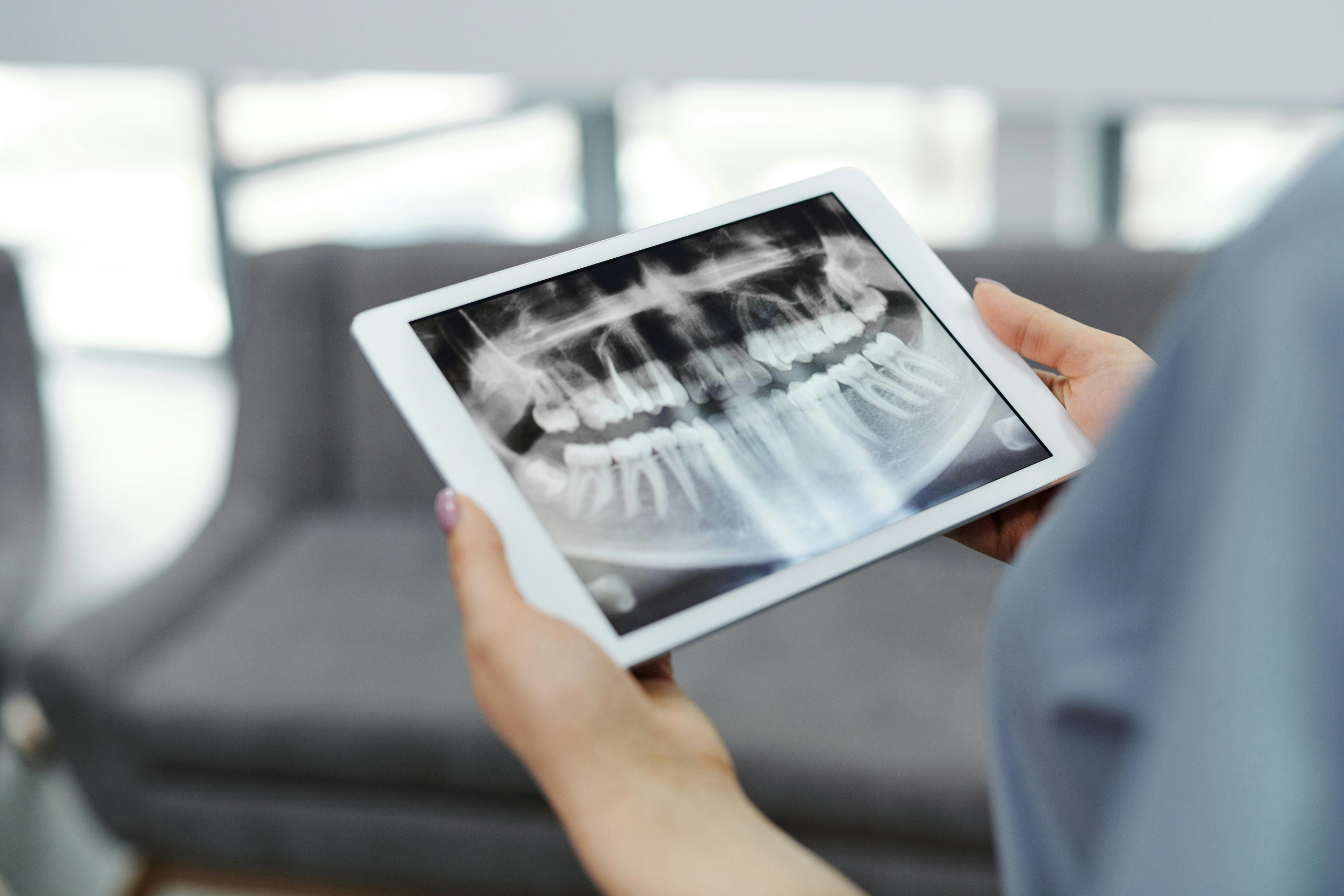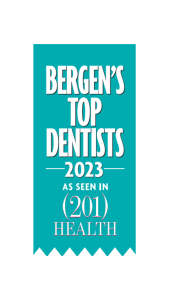Wisdom teeth removal is a common dental procedure that many people undergo, often in their late teens or early twenties. As we move into 2025, advancements in dental technology and techniques have made wisdom teeth extraction safer, more comfortable, and more beneficial than ever. Whether you’re experiencing wisdom teeth pain or simply exploring your options, understanding the benefits of wisdom teeth removal can help you make an informed decision about your dental health. In this blog, we’ll dive into why wisdom teeth surgery is often necessary, its advantages, and what you can expect during the process.
What Are Wisdom Teeth and Why Remove Them?
Wisdom teeth, also known as third molars, are the last set of teeth to erupt, typically between the ages of 17 and 25. While some people have enough jaw space for these teeth to grow in properly, many experience complications such as impacted wisdom teeth, crowding, or infection, necessitating wisdom teeth extraction. Impacted wisdom teeth occur when the teeth are trapped beneath the gum line or misaligned, leading to pain, swelling, or even damage to surrounding teeth.
Removing wisdom teeth is often recommended by dentists to prevent long-term oral health issues. With modern oral surgery techniques in 2025, the procedure is more efficient, and recovery is faster, making it an ideal time to address potential problems before they escalate.
Key Benefits of Wisdom Teeth Removal
Wisdom teeth removal offers numerous benefits, from alleviating discomfort to protecting your overall dental health. Below, we explore the top reasons why wisdom teeth extraction is a smart choice in 2025.
- Relief from Wisdom Teeth Pain
One of the most immediate benefits of wisdom teeth removal is relief from wisdom teeth pain. Impacted wisdom teeth can cause intense discomfort, including jaw pain, headaches, and swelling. By removing these problematic teeth, you can eliminate pain and prevent recurring issues. In 2025, advancements in sedation dentistry ensure a comfortable experience during wisdom teeth surgery, with many patients reporting minimal discomfort during and after the procedure.
- Prevention of Dental Crowding
Wisdom teeth can push against neighboring teeth, leading to crowding or misalignment. This is especially concerning for those who have undergone orthodontic treatments like braces or Invisalign. Wisdom teeth removal helps maintain the alignment of your teeth, preserving your smile and reducing the need for additional orthodontic work. By addressing impacted wisdom teeth early, you protect the investment you’ve made in your dental health.
- Reduced Risk of Infections and Gum Disease
Impacted wisdom teeth can create pockets in the gums where bacteria can accumulate, increasing the risk of infections, gum disease, or even cysts. Wisdom teeth extraction eliminates these risks, promoting healthier gums and a cleaner oral environment. In 2025, dental practices emphasize preventive care, and removing wisdom teeth is a proactive step to safeguard your oral health.
- Protection Against Tooth Decay
Wisdom teeth are located at the back of the mouth, making them difficult to clean properly. This can lead to plaque buildup and tooth decay, not only in the wisdom teeth but also in adjacent molars. By opting for wisdom teeth removal, you reduce the likelihood of cavities and maintain better overall dental hygiene.
- Prevention of Jaw Damage and Sinus Issues
In some cases, impacted wisdom teeth can cause jaw damage or sinus problems, especially in the upper jaw. Pressure from misaligned teeth may lead to jaw stiffness, difficulty chewing, or even sinus pain. Wisdom teeth surgery can prevent these complications, ensuring your jaw and sinuses remain unaffected.
- Improved Long-Term Dental Health in 2025
As dental health trends evolve in 2025, the focus is on long-term prevention and minimally invasive procedures. Wisdom teeth removal aligns with this approach by addressing potential issues before they become serious. By removing problematic teeth, you reduce the risk of future dental complications, saving time, money, and discomfort in the long run.
What to Expect During Wisdom Teeth Removal
Understanding the wisdom teeth extraction process can ease any anxieties you may have. In 2025, dental technology will have made the procedure straightforward and patient-friendly. Here’s a step-by-step overview:
- Consultation and Imaging: Your dentist will use advanced imaging, such as 3D X-rays, to assess the position of your wisdom teeth and determine if removal is necessary. This step ensures a personalized treatment plan.
- Sedation Options: Modern oral surgery offers various sedation methods, including local anesthesia, nitrous oxide, or IV sedation, to keep you comfortable. Your dentist will recommend the best option based on your needs.
- The Procedure: Wisdom teeth surgery typically takes 45–90 minutes, depending on the complexity. The dentist or oral surgeon will make a small incision in the gum to remove the teeth, ensuring minimal trauma to surrounding tissues.
- Wisdom Teeth Recovery: Recovery time varies, but most patients resume normal activities within a few days. In 2025, post-operative care includes detailed instructions, pain management options, and follow-up visits to monitor healing.
Wisdom Teeth Recovery Tips for 2025
To ensure a smooth recovery after wisdom teeth removal, follow these expert tips:
- Follow Post-Op Instructions: Adhere to your dentist’s guidelines, including dietary restrictions (soft foods like yogurt or soup) and oral hygiene practices.
- Manage Swelling and Pain: Use ice packs and prescribed medications to reduce swelling and discomfort. Most patients experience minimal pain thanks to advanced pain management techniques.
- Avoid Straws and Smoking: These can dislodge the blood clot at the extraction site, leading to a painful condition called dry socket.
- Stay Hydrated: Drink plenty of water to support healing and maintain overall health.
Attend Follow-Up Appointments: Regular check-ins with your dentist ensure proper healing and address any concerns.
Why Wisdom Teeth Removal Matters in 2025
In 2025, dental health is more connected to overall wellness than ever. Wisdom teeth removal is not just about addressing immediate pain; it’s about preventing complications that could impact your quality of life. With the rise of patient-centered care and advanced dental technologies, wisdom teeth surgery is safer, faster, and more accessible. By choosing to remove problematic wisdom teeth, you’re investing in a healthier, pain-free future.
Trust Chestnut Ridge Dental for Your Wisdom Teeth Removal
When it comes to wisdom teeth removal, you deserve a dental practice that combines expertise, compassion, and cutting-edge technology. At Chestnut Ridge Dental, our team of skilled dentists and oral surgeons is dedicated to providing exceptional care tailored to your needs. With years of experience in oral surgery and a commitment to patient comfort, we use state-of-the-art techniques to ensure a smooth wisdom teeth extraction process. Our practice prioritizes your dental health, offering personalized consultations, advanced imaging, and comprehensive post-operative care to make your experience seamless.
Ready to take the next step toward a healthier smile? Schedule your consultation with Chestnut Ridge Dental today to discuss the benefits of wisdom teeth removal and how we can help you achieve optimal dental health in 2025.
Frequently Asked Questions (FAQs) about Wisdom Teeth Removal
- Is wisdom teeth removal necessary for everyone?
Not everyone needs wisdom teeth removal. If your wisdom teeth are properly aligned and don’t cause pain or crowding, your dentist may recommend monitoring them. However, impacted wisdom teeth or those causing complications should be removed to prevent dental health issues.
- How long does wisdom tooth recovery take?
Wisdom teeth recovery typically takes 3–7 days, depending on the complexity of the extraction. Most patients resume normal activities within a few days, with full healing occurring within a few weeks.
- Does wisdom teeth surgery hurt?
With modern sedation options and pain management techniques in 2025, wisdom teeth surgery is generally comfortable. You may experience mild discomfort during recovery, which can be managed with prescribed medications.
- What are the risks of not removing impacted wisdom teeth?
Leaving impacted wisdom teeth untreated can lead to pain, infections, gum disease, tooth decay, crowding, or jaw damage. Early wisdom teeth removal helps prevent these complications.
- How do I know if I need wisdom teeth extraction?
Symptoms like wisdom teeth pain, swelling, difficulty chewing, or jaw stiffness may indicate the need for extraction. A consultation with a dentist, including X-rays, will confirm whether removal is necessary.
- Can I eat normally after wisdom teeth removal?
You’ll need to stick to soft foods for the first few days after wisdom teeth surgery. Gradually reintroduce solid foods as advised by your dentist to ensure proper healing.
By addressing these common questions, we aim to empower you with the knowledge to make informed decisions about your dental health. Wisdom teeth removal is a proactive step toward a healthier, more confident smile in 2025.





